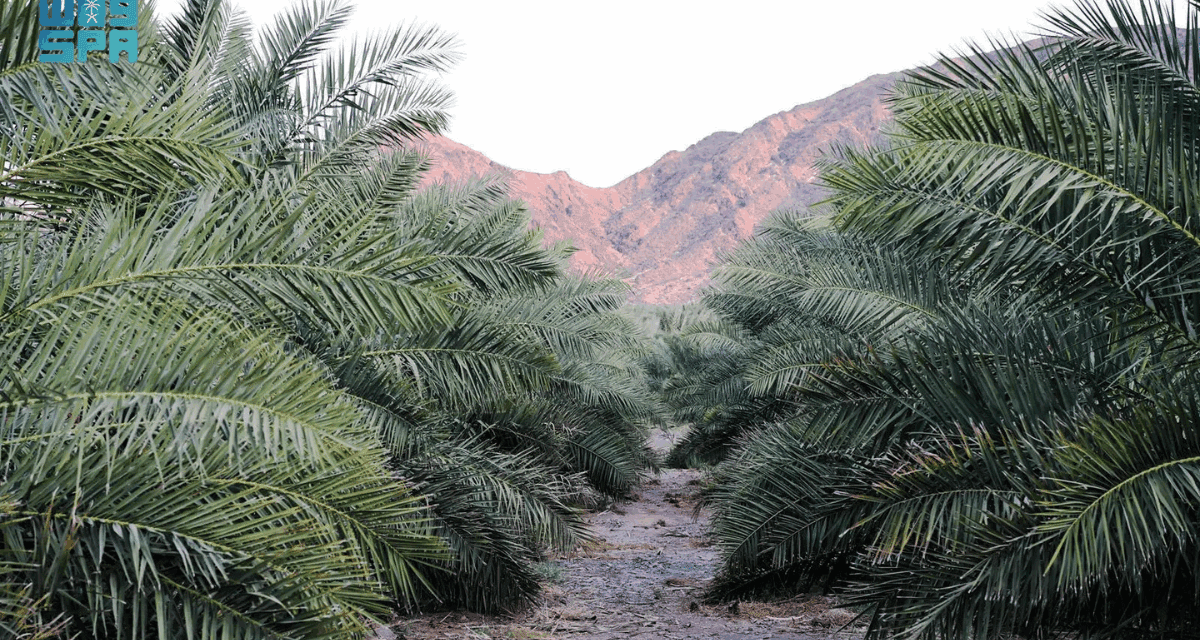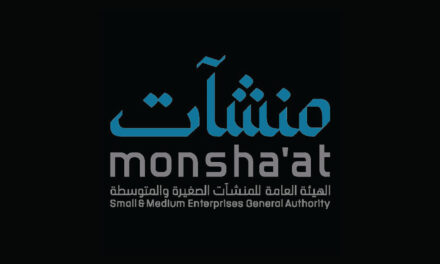Medina Date Sector Offers Investment in Exports, Processing
Medina, Saudi Arabia — Medina is home to more than 8 million date palms, making it the third-largest date-producing region in Saudi Arabia. The area yields 344,000 tons of dates annually. It produces premium varieties, including Majdool, Sukkari, Khalas, Safri, Rabia, Lona, and Rothana. This scale has strong potential for export growth and investment in processing the Medina date sector.
Date Industry Ranks Among Top in the Kingdom
A report from the Medina Chamber of Commerce highlighted the region’s national role in date production. Qassim ranked first in 2023 with 578,100 tons, representing 30% of the total. Riyadh followed with 453,100 tons (24%), then Medina with 343,100 tons (18%), and the Eastern Province with 258,700 tons (14%).
Other regions, such as Tabuk, Hail, Makkah, Asir, Jazan, Jouf, Al Baha, Najran, and the Northern Borders, produced a combined total of under 100,000 tons. Altogether, Saudi Arabia produced over 1.9 million tons of dates from more than 37 million palm trees.
Organic Date Farming and Technological Growth
The report also highlighted Medina’s success in organic date production. The region ranked second nationwide with 4,600 tons—about 15.2% of the country’s organic output. Riyadh led with 39%, followed by Medina with 30%, Qassim with 20%, and the Eastern Province with 5%.
This growing sector supports advanced palm farming projects. Investors can adopt drip irrigation, enhance date varieties through research and development, and meet the rising demand for natural, healthy products.
Opportunities in Date-Based Manufacturing
The Medina date sector also offers substantial potential in processing. Opportunities include producing date paste as a sugar substitute, manufacturing molasses, and creating products such as sweets, drinks, and health supplements.
Export and Circular Economy Innovations
Export-focused projects create further potential. Entrepreneurs can launch packaging firms that follow international standards. These businesses can attract global buyers and expand exports to Europe, Asia, and North America.
Other ventures include collecting date seeds to produce animal feed. Palm waste can also be recycled into eco-friendly products such as composite wood and biodegradable materials. These projects support sustainability and innovation in agri-based industries.






